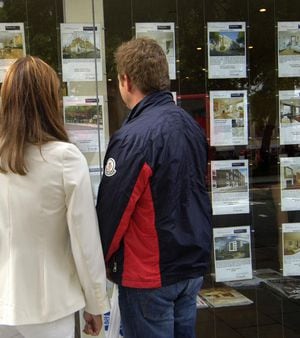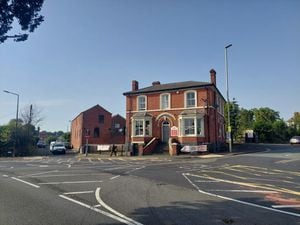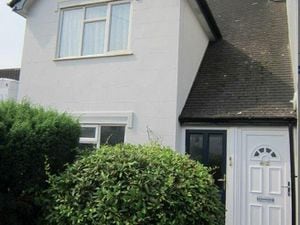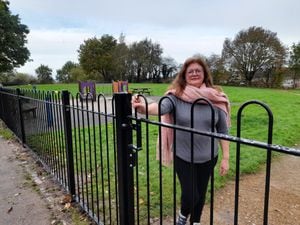West Midlands house prices leap by 10 per cent in a year
The average house price in the West Midlands has increased by more than 10 per cent in the last year, according to new figures.

The figures from Halifax put the average value of a house in the West Midlands in April at £241,632.
That is 10.4 per cent higher than at the same time last year.
Nationally, the average UK house price increased by more than £3,000 in April, in the longest run of monthly rises since 2016, according to an index.
The average property value rose by 1.1 per cent or £3,078 last month, Halifax said.
While prices in the West Midlands are rising, they are not increasing as quickly as in some other regions.
In the East Midlands, the average house price in April was £237,466, up 12.8 per cent on the year before. In Wales, the figure is lower at £214,396, but that was a record and was 14.2 per cent higher than last year.
Russell Galley, managing director of Halifax, said: “This was the 10th consecutive month that property values have increased, the longest run of continuous gains since the end of 2016.”
The typical house price nationally was a new record of £286,079 – an annual increase of 10.8 per cent.
At the current rate of growth, the price of a typical home in the UK could hit £300,000 by the end of the year, but Halifax said that remains unlikely given the economic conditions predicted and warnings from the Bank of England of a possible recession ahead.
Prices have increased by £47,568 on average over the past two years, the report said.
It took the previous five-and-a-half years to make an equivalent leap, with values increasing by £47,689 on average between October 2014 and April 2020.
Mr Galley said: “The imbalance between supply and demand persists, with an insufficient number of new properties coming on to the market to meet the needs of prospective buyers and strong competition to secure properties driving up prices.
“There remains evidence that this demand is centred on larger family homes rather than smaller properties such as flats. Over the past year, prices for detached and semi-detached properties have risen by over 12 per cent, compared to just 7.1 per cent for flats.
“The net cash increase for detached properties, at just under £50,000 over the past year, is nearly five times more than for flats.”
House prices have continued to climb despite the cost-of-living crisis putting a financial squeeze on households.
Inflation is expected to hit 10 per cent-plus in the coming months and the Bank of England raised the base rate to one per cent this week, pushing up costs for some borrowers.
Mr Galley continued: “The headwinds facing the wider economy cannot be ignored.
“The house price-to-income ratio is already at its highest ever level, and with interest rates on the rise and inflation further squeezing household budgets, it remains likely that the rate of house price growth will slow by the end of this year.”
Across the UK, Halifax said Northern Ireland is the strongest performer for annual house price growth, at 14.9 per cent, although the average house price there remains some way short of its record of £230,931, set in the summer of 2007.
Six out of nine English regions recorded double-digit annual house price inflation during April.
In the South West, the average house price broke through the £300,000 barrier for the first time, at £301,632.
Annual house price inflation in London continues to lag the rest of the UK, at 6.2 per cent.
However, average property values in London remain much higher than the rest of the UK, with the latest average price of £537,896 also a new record for the city, Halifax said.





